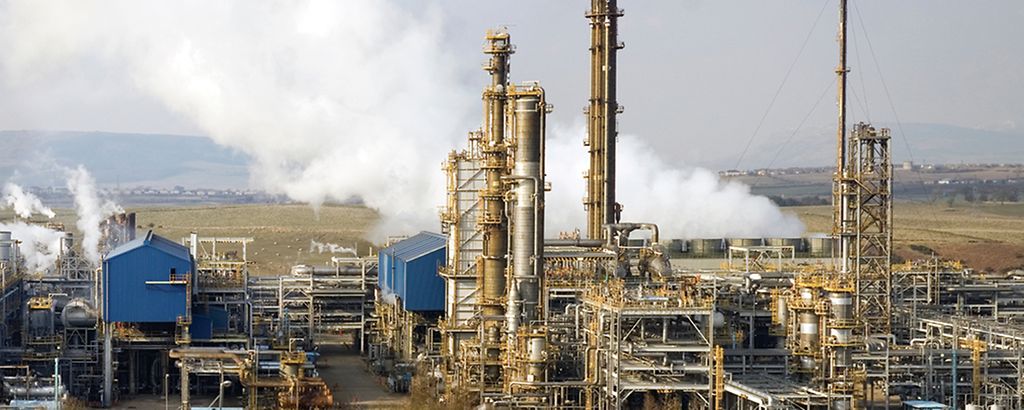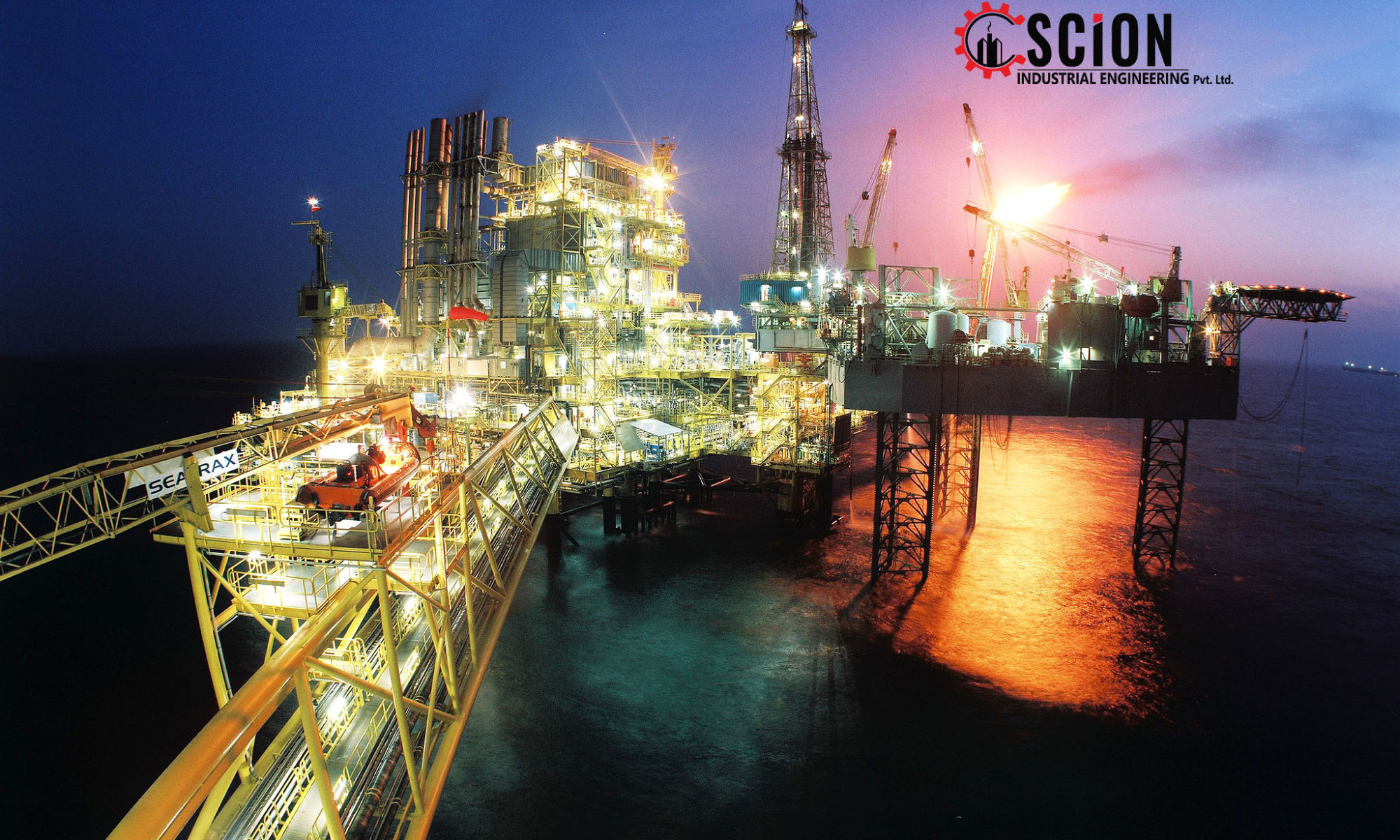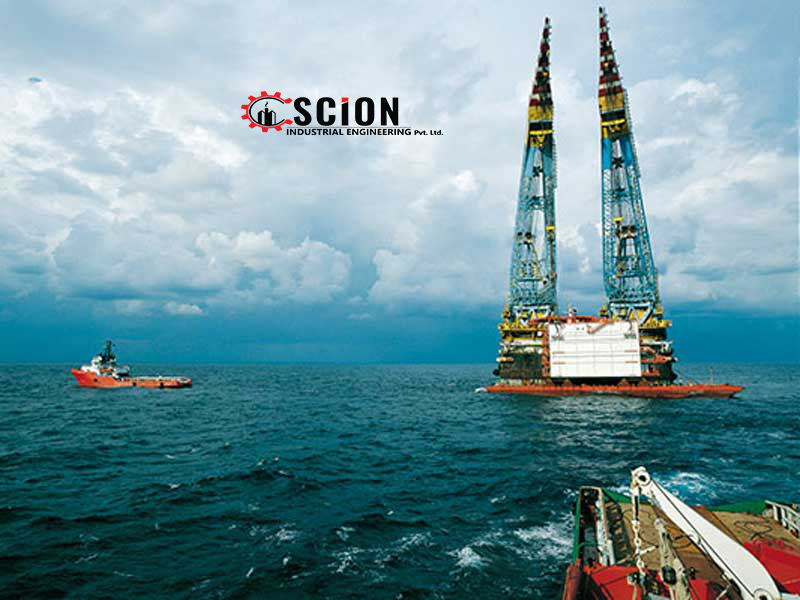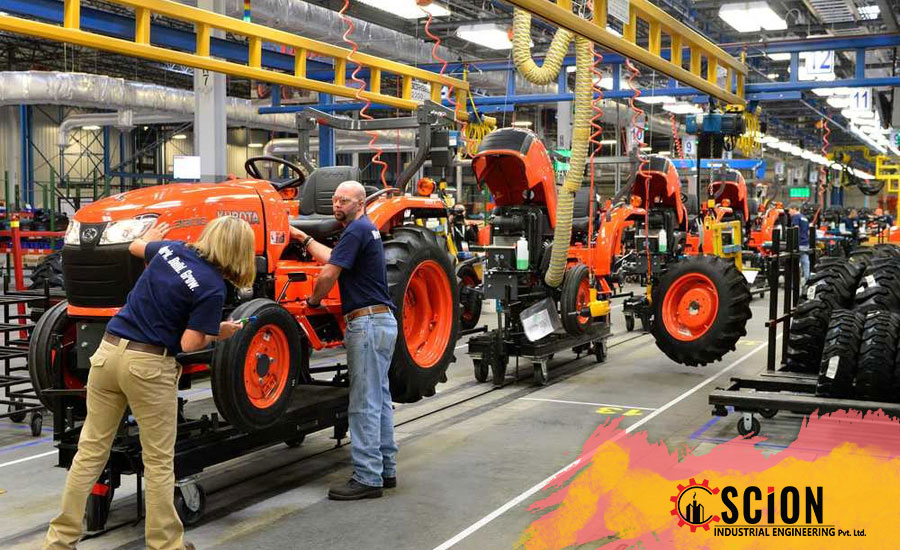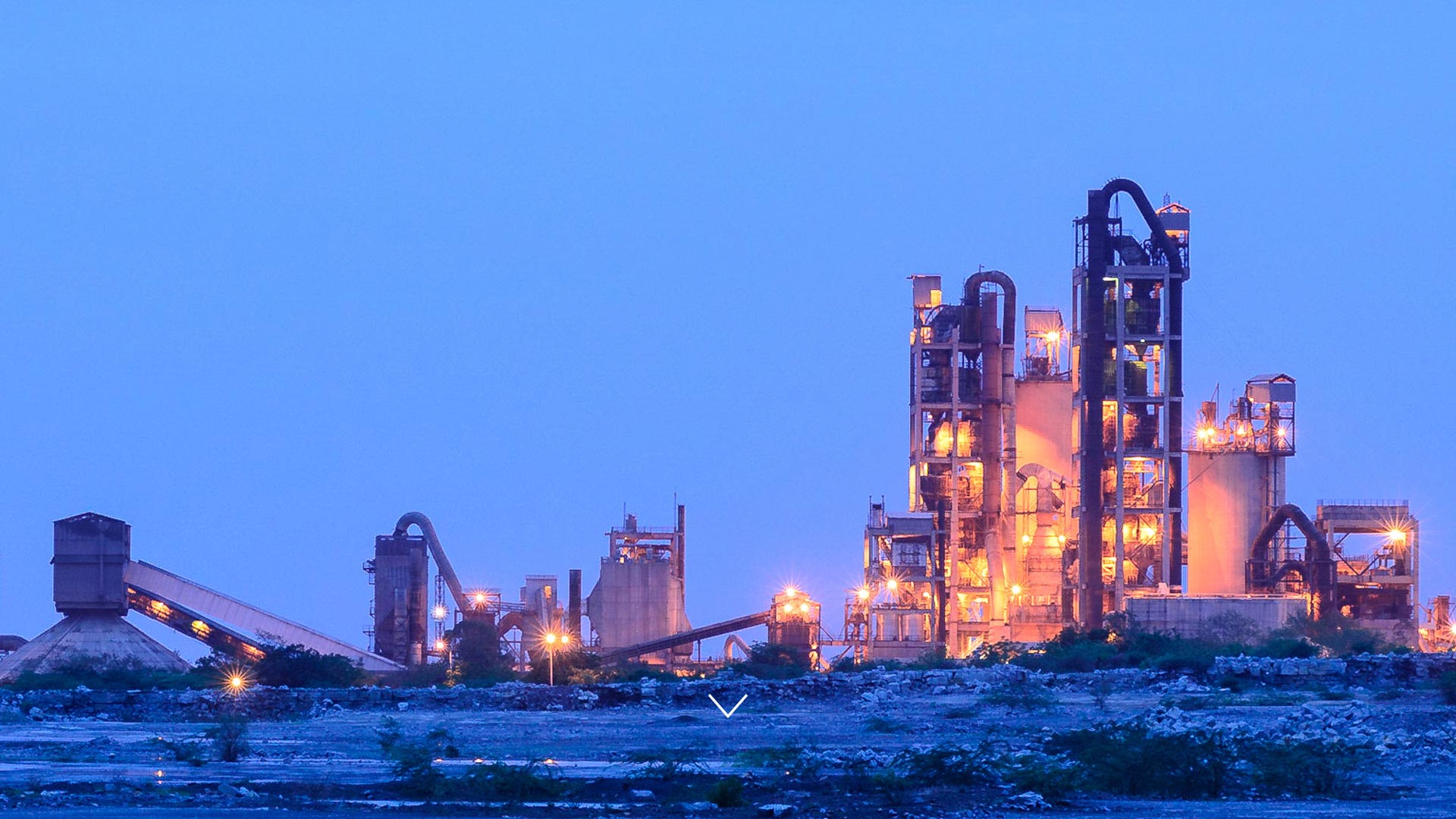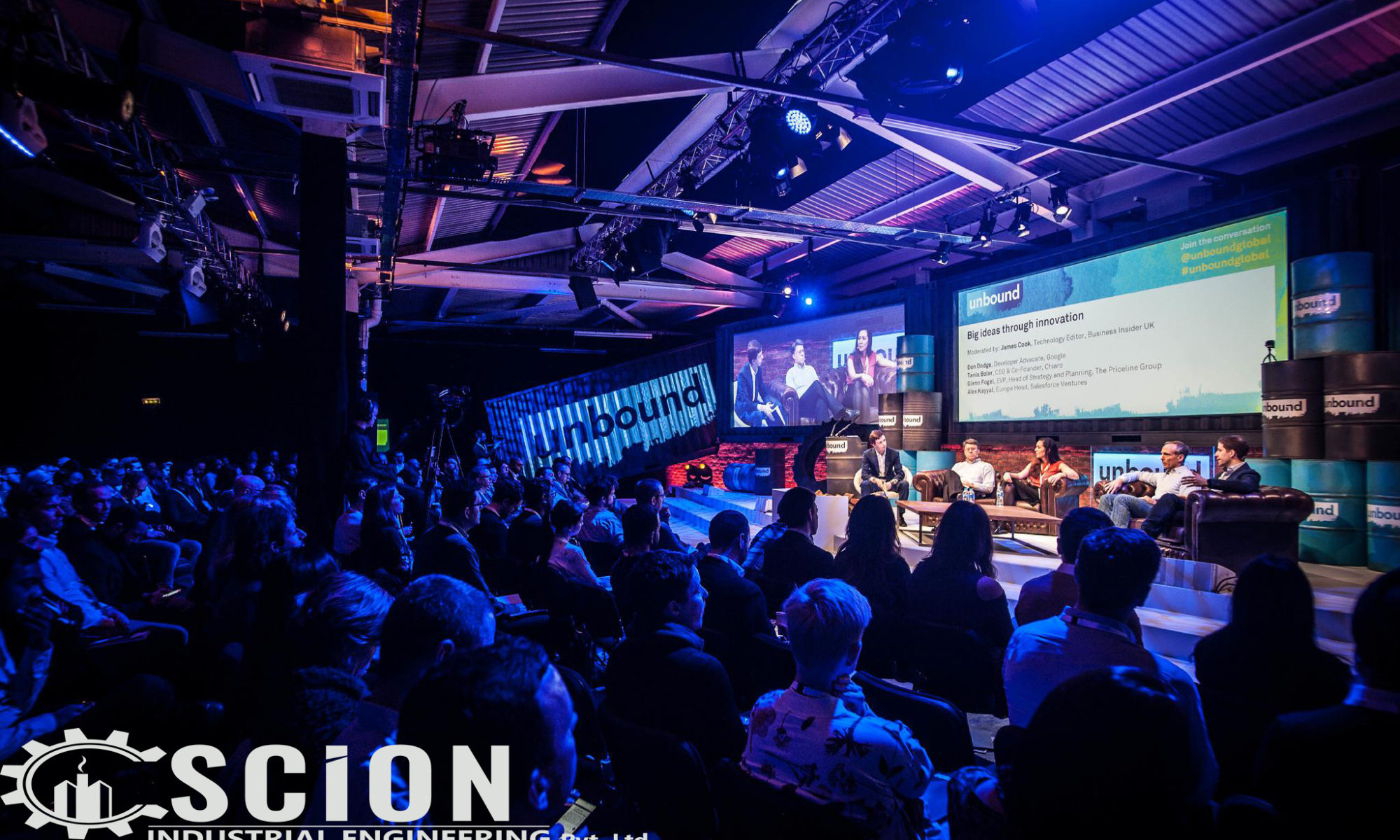A delegation from the UAE met with representatives from almost 30 companies from Germany on Tuesday during a roundtable.
The objective was to accelerate industrial collaboration and build on joint efforts in promoting sustainable industrial development, de-carbonisation and energy security.
The roundtable co-hosted by the Ministry of Industry and Advanced Technology (MoIAT) during Hannover Messe, the industry trade fair, was attended by representatives from the Abu Dhabi Department of Economic Development (ADDED), ADNOC Group, Abu Dhabi Investment Office, KEZAD Group and Dubai Industrial City.
Titled ‘Make it in the Emirates: The UAE as a Global Industrial Hub’, the roundtable introduced German companies to the UAE’s unique value proposition and vision for sustainable industrial growth. It also showcased the Make it in the Emirates initiative, which invites foreign industrialists, investors and innovators to benefit from the UAE’s competitive advantages.
Chaired by Omar Al Suwaidi, under-secretary of the Ministry of Industry and Advanced Technology, the roundtable highlighted how foreign companies can benefit from collaborating with UAE entities as well as from incentives and enablers introduced by the government, national companies such as ADNOC and industrial zones.
Addressing delegates, Al Suwaidi said: “The UAE and Germany are making steady progress in vital fields such as hydrogen fuel, which will be critical to industries of the future.
The partnerships between our government institutions and national enterprises are leading to pioneering innovation in sectors such as green steel.
By combining our strengths, talents and resources, the UAE and Germany can pave the way for greater energy security and more sustainable industrial development in our respective regions.”
He added: “Our two countries are aligned on creating solutions to industry’s global challenges, and there is significant appetite for collaboration among our industrial communities.
As a ministry, we are committed to supporting industrial companies in the UAE to work alongside international counterparts to achieve business growth and adopt best practices.
In line with our national industrial strategy, we will continue to explore and facilitate collaborations between UAE-based companies and our international partners to attract investment and support the growth of green industries and renewable energy supplies.”
During Hannover Messe, Al Suwaidi co-chaired the second Energy Security and Industry Accelerator (ESIA) Steering Committee, which provided an update on the progress made across a number of projects since the ESIA agreement was signed in 2022.
On Wednesday, members of the UAE delegation participated in a panel discussion where they highlighted the UAE’s efforts in accelerating the transition towards greener and more sustainable industries.
The panel, titled “Driving the Transition to a Sustainable and Diversified Economy: The Critical Role of Green Energy, Green Economy, and Innovation in the UAE”, highlighted competitive advantages and enablers, including green financing, certified green energy supply, robust regulation infrastructure and access to markets through a growing number of free trade agreements.
Source:https://gulfbusiness.com/uae-germany-explore-partnerships/

